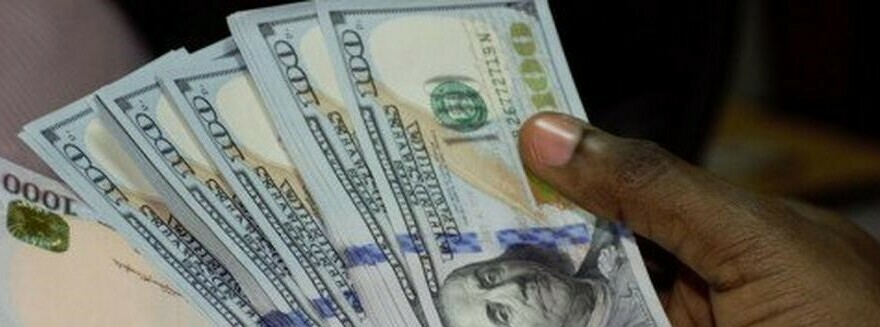A cross-section of Juba residents have queried the government’s ability to deal with the economic turmoil momentarily rocking the country.
The South Sudanese Pound has for the past few days been trading at a record low against the U.S. Dollars from SSP 1,250 for a dollar a month ago to a 1,450 to one dollar as of Wednesday in the parallel market.
This has led to soaring in prices of basic commodities as the economy mostly depends on imports with little or no production to support economic growth.
Speaking to Radio Tamazuj, Florence Mura Albano, a Juba resident, said she is surviving at the mercy of God as things have become unbearable. She questioned the government`s ability to address the economic crisis.
“As a citizen of this country, I am confused and wonder if we really have a government that cares about the people. I do not know if the government is sleeping or awake. Do we have a government in this country?” she said. “When you go out, you find people moving with guns and see many convoys with sirens and we hear that they are government officials but I think there is no government. Otherwise, why don’t they care about us yet they are there because of us.”
Another Juba dweller, Rachael Kaku, a mother of five and a petty businesswoman, described the economic situation as unbearable and urged the government to address the rising commodity prices in the market.
“Things are very difficult for us these days. Every morning I have to go to the market to buy bananas which I then sell for three hours. I use the money I earn to buy a few things like soap, and water among others. Then I go and do other work that helps me buy flour,” she said. “The government should address the issue of rising prices in the market so that people can survive.”
Last week, a rights group, the Center for Peace and Advocacy (CPA), urged the national Parliament to address the economic hardships in the country.
In a statement seen by Radio Tamazuj, Ter Manyang Gatwech, the Executive Director of CPA, said the economic situation has been worsened by the fact that the majority of civil servants have not received their salaries for the past seven months.
He said they observed changes in the behavior of the youth due to the lack of job opportunities yet people had high expectations when the transitional government was formed on 22 February 2020.
Manyang warned that the country is heading in the wrong direction due to the economic crisis while top government officials enjoy privileges, ordinary citizens are suffering.
“The Ministry of Finance, the Chairperson of the specialized committee on finance and economics, and the Governor of the Central Bank should be summoned by parliament to answer specific questions regarding the current economic crisis in South Sudan,” he stated. “The country has failed to meet the minimum wage set by the International Labour Organization.”
Manyang questions why there are delays in paying civil servants when there is money from oil and other revenue sources, including income tax from both national and international NGOs. CPA called for immediate intervention and quick action to prevent the country from facing another disaster.




